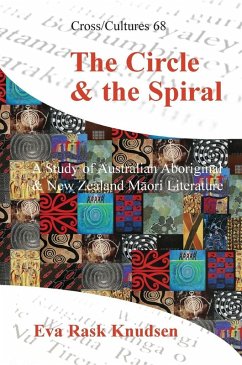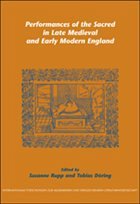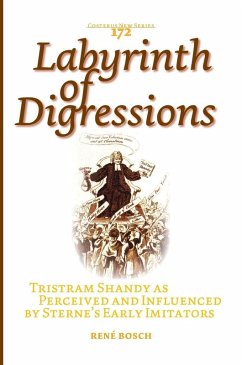
The Booker Prize and the Legacy of Empire
Versandkostenfrei!
Versandfertig in über 4 Wochen
51,99 €
inkl. MwSt.

PAYBACK Punkte
26 °P sammeln!
This book is about the Booker Prize - the London-based literary award made annually to "the best novel written in English" by a writer from one of those countries belonging to, or formerly part of, the British Commonwealth. The approach to the Prize is thematically historical and spans the award period to 1999. The novels that have won or shared the Prize in this period are examined within a theoretical framework mapping the literary terrain of the fiction. Individual chapters explore themes that occur within the larger narrative formed by this body of novels - collectively invoked cultures, s...
This book is about the Booker Prize - the London-based literary award made annually to "the best novel written in English" by a writer from one of those countries belonging to, or formerly part of, the British Commonwealth. The approach to the Prize is thematically historical and spans the award period to 1999. The novels that have won or shared the Prize in this period are examined within a theoretical framework mapping the literary terrain of the fiction. Individual chapters explore themes that occur within the larger narrative formed by this body of novels - collectively invoked cultures, social trends and movements spanning the stages of imperial heyday and decline as perceived over the past three decades. Individually and collectively, the novels mirror, often in terms of more than a single static image, British imperial culture after empire, contesting and reinterpreting perceptions of the historical moment of the British Empire and its legacy in contemporary culture. The body of Booker novels narrates the demise of empire and the emergence of different cultural formations in its aftermath. The novels are grouped for discussion according to the way in which they deal with aspects of the transition from empire to a post-imperial culture - from early imperial expansion, through colonization, retrenchment, decolonization and postcolonial pessimism, to the emergence of tribal nationalisms and post-imperial nation-states. The focus throughout is primarily literary and contingently cultural.












